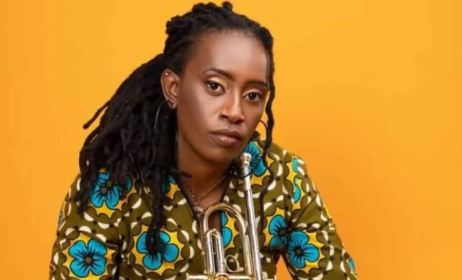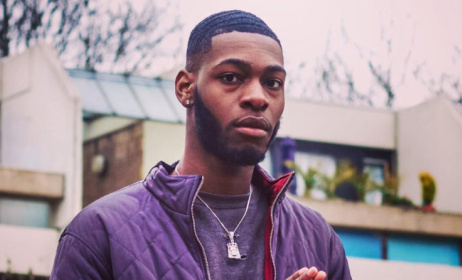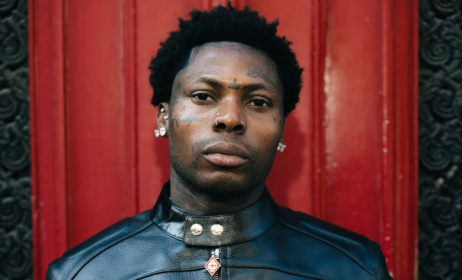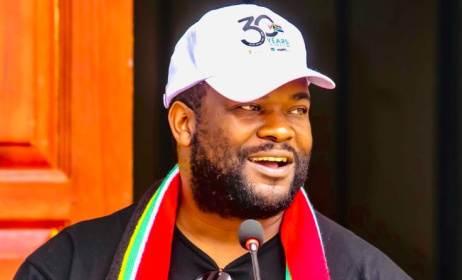BHC-Music platform partners with Ghanaian rapper Edem ahead of 2025 launch
Ahead of its 2025 launch, the BHC-Music platform has announced a partnership with veteran Ghanaian artist Edem.
 Edem.
Edem.
The development was made public via Instagram by the company, which claims to be “the world’s first exclusive music platform” and aims to pay artists and creators as much as $0.50 per listen.
Edem, known for his unique blend of hip hop and Afrobeats, called the deal – which will see him release new music exclusively on BHC-Music – a futuristic partnership. The multiple-award-winning artist, who leads the Volta Regime Music Group (VRMG), is behind several local hit songs and albums, including The Volta Regime (2009), Mass Production (2011), Books & Rhymes (2014), and Mood Swings (2020). In May, Edem and VRMG partnered with Audiomack to release their ACTIVADO EP on 4 June, featuring new music from Edem and Byno Ayoni.
Not much else is known about BHC-Music beyond the fact that it was founded by Ghanaian entrepreneur and CEO Benjamin Mougarbel, with Grammy-nominated Nigerian Afrobeats star Davido, US producer Vincent Berry II (also a multi-Grammy nominee), Nigerian entertainment lawyer Bobo Ajudua, and Ghanaian entrepreneur Eric Agyemang as co-founders.
If the platform follows through with its promises, its payout structure could disrupt the industry, offering significantly higher rates than traditional streaming services. For context, platforms like Spotify pay around $0.003–$0.005 per stream, Apple Music offers $0.007–$0.01, and Tidal provides $0.012–$0.015 per stream, while SoundCloud mixes ads and fan support for revenue.
In related news, in April, after a year of beta testing, the superfan app EVEN launched, giving fans direct access to music from artists through a flexible, tiered “pay what you want” model. At the launch, EVEN onboarded around 10 000 artists, including well-established names like French Montana, Omarion, and Jidenna, as well as emerging stars like LaRussell and Buddy.
Meanwhile, last month, Ghana Music Xperience (GMX), a digital streaming platform dedicated to Ghanaian music, launched in the West African country’s capital, Accra. Available on iOS and Android with both free and premium options, GMX offers a wide array of local genres, early access to releases, exclusive content, and an AI-driven recommendation engine for easier discovery.
Discussing issues facing the music industry with Music In Africa recently, Nigerian lawyer Foza Fawehinmi argued that music, as both a product and a commodity, is grossly undervalued globally, with current economic models often prioritising consumer interests over those of the artists and creators. For example, bundled subscription packages – offering access to vast music libraries for low monthly fees – leave artists with only a fraction of the revenue generated.
Fawehinmi pointed out that despite its obstacles, the African music industry has the potential to redefine its future. She stresses the importance of creating innovative, locally tailored models that reflect the unique realities of the region, rather than relying on foreign investment strategies that do not address the local context.
Meanwhile, Spotify’s recent Loud & Clear report reveals that the platform has paid over $9bn to the music industry, nearly tripling payments in six years. In 2023, independent artists generated a record $4.5bn, making up half of Spotify’s revenue, with over 1 250 artists earning more than $1m each, often without chart-topping hits. Songwriters also benefited, receiving nearly $4bn in the past two years. In Nigeria, artists earned around $17m in streaming royalties in 2023, marking a 2 500% increase since 2017. South African artists earned about $14m, representing a 240% increase since 2019.


































Comments
Log in or register to post comments